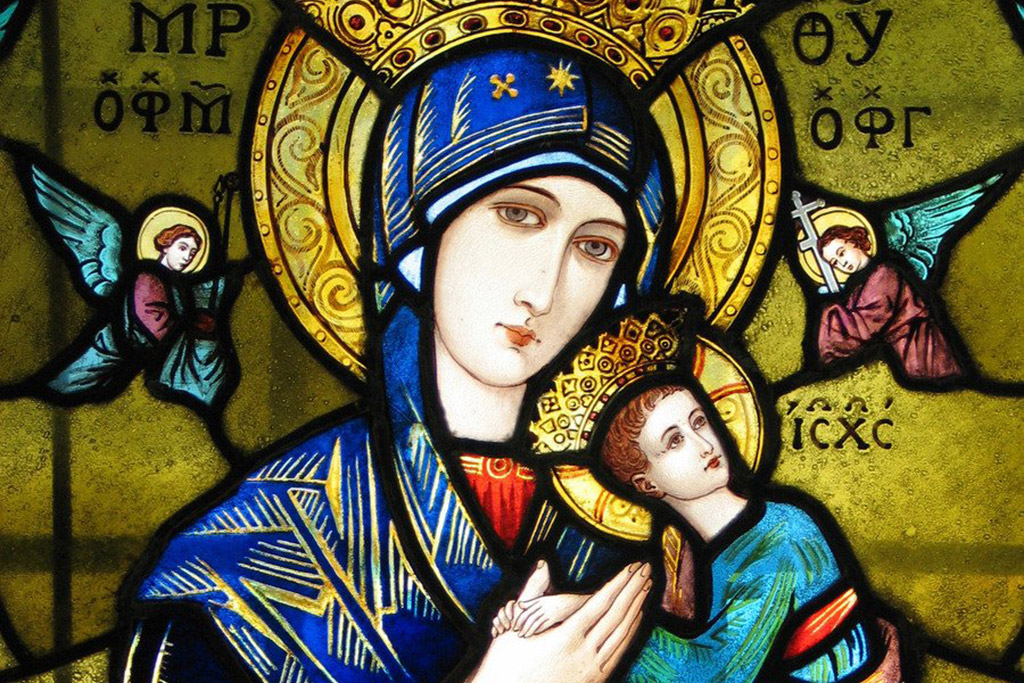From January14 to 22, the Moscow Performing Arts Center will host the 13th edition of the Christmas Festival of Sacred Music which is held with the blessing of Patriarch Kirill of Moscow and all Rus' and supported by the Moscow Department of Culture. The festival, timed to the Christmas Festivities, has been taking place annually since 2011 under the artistic direction of Vladimir Spivakov and the Metropolis of Budapest-Hungary Hilarion. It is one of the top projects of the Center, which brings to its audiences masterworks of Christian musical culture of various epochs, best performers and choral ensembles. The highest point of each festival edition is invariably its final night with Vladimir Spivakov.
The opening concert of the 13th edition on January 14 with the National Philharmonic Orchestra of Russia will be shared with stars of Moscow musical theaters, the Grand Academic Choir “Masters of Choral Singing” and the Chamber Choir of the Moscow Conservatory. The program includes large-scale vocal-symphonic works such as the Christmas Oratorio by Metropolitan Hilarion (under the baton of Lev Kontorivich) and the “At the Reading of a Psalm” Cantata by Taneyev (under the baton of Arsenty Tkachenko).
The Christmas Oratorio by Metropolitan Hilarion (Alfeyev) was written in 2007. The score is based on the story of the birth and first days of Jesus Christ as told in the Gospels of Matthew and Luke. It also includes liturgical texts of the Orthodox Church referring to the feasts of the Annunciation to the Blessed Virgin Mary, Christmas and the Presentation of the Lord (Candlemas). The Oratorio impresses with its monumental ideas, richness of choral and orchestral scores, wide use of polyphony. The overall dramaturgy of the work is going from darkness to light, from the Old Testament to the Gospels, from lingering expectations of the Messiah to the blissful joy of the salvation of mankind by the Savior.
Taneyev's cantata “At the Reading of a Psalm” on the verses by A. S. Khomiakov was completed in the winter of 1915 and became his last work, a kind of his artistic will. The opus is the sum total of many years' researches by Taneyev, and here he reached the acme of technical mastery and expressed his contemplations about the sense of living, moral ideals, the role of a person in the society and that of an artist in the arts. The composer dedicated the score to the memory of his mother Varvara Taneyeva. For each of the three movements of the cantata the author found a respective image, creating intonational links between them, and also fully applied all his knowledge of an experienced harmony analyst who had imbibed Bach's legacy.
Completing the festival on January 22, Vladimir Spivakov will offer his interpretation of Mozart's famous Requiem, the immortal masterpiece of funeral mass. The composer wrote the Requiem commissioned by Franz von Walsegg-Stuppach but did not complete the score, which was later made by his pupil Franz Xaver Süssmayr, though he was not the only one who took part in finalizing it. Disputes about the authorship of various movements have not lost their actuality even now. But it goes without saying that the Requiem with its sublime beauty and architectonic coherence belongs to the outstanding works of musical classicism and greatest monuments of world music culture.




